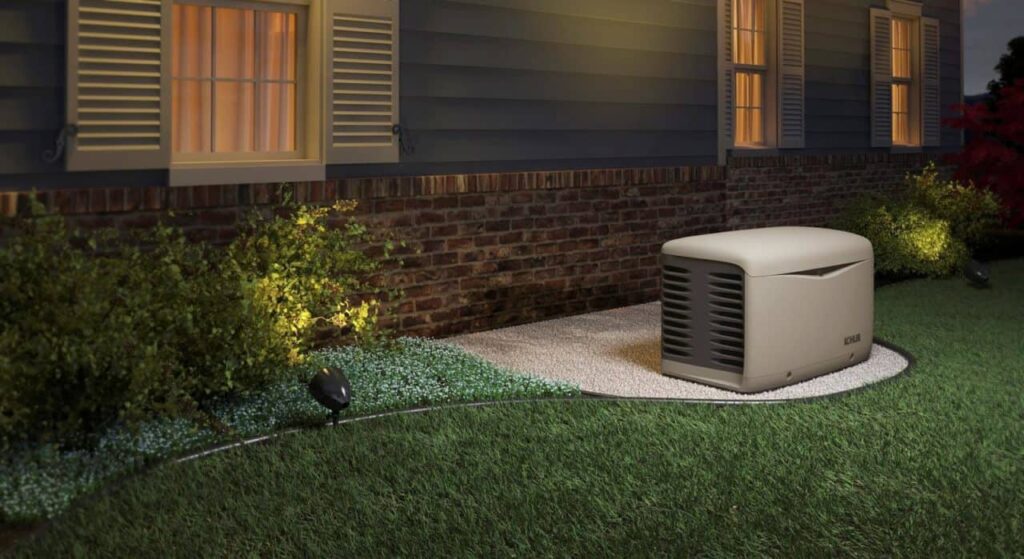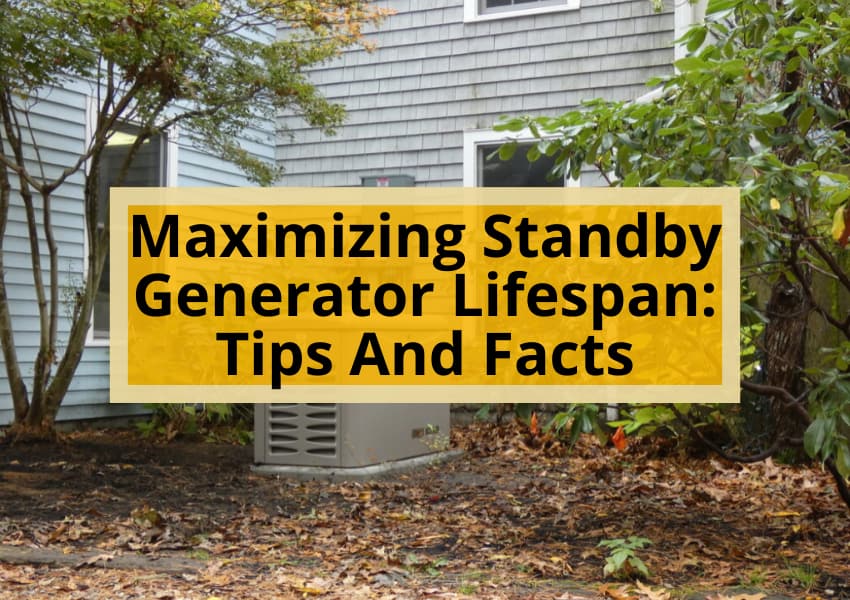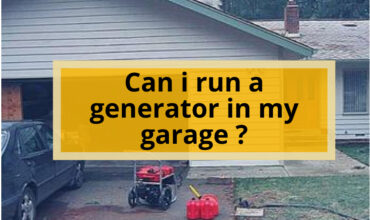A standby home generator is a significant investment that provides a sense of security and peace of mind, especially during extended power outages. However, like any machine, a standby generator has a finite lifespan and requires proper care and maintenance to ensure it functions optimally.
As a crucial component of a home’s emergency preparedness plan, it’s essential to maximize the generator’s lifespan to get the best value for your investment. Understanding the lifespan of a standby generator is critical to plan for the future and ensure the generator’s longevity.
Typically, a standby generator can last between 20-40 years, depending on several factors such as usage, maintenance, and care. To ensure that your standby generator lasts as long as possible, it’s crucial to take a proactive approach towards maintenance and care, including scheduling routine maintenance and lightening the load during extended outages.
This article will provide tips and facts on how to maximize the lifespan of your standby generator, ensuring that it’s always ready to provide power when you need it most.

Investment and Value
The investment in a standby home generator can provide significant value for homeowners. A well-maintained generator can last for 20-40 years and typically provides 1500-3000 hours of power during extended outages. However, such generators are a big investment and require careful consideration before purchase.
Homeowners should conduct a return on investment (ROI) analysis to determine if the generator’s cost is worth the potential benefits. In addition to the initial cost of the generator, homeowners should also consider the maintenance cost. Proper maintenance and care are necessary to extend the generator’s life.
This includes routine maintenance, yearly servicing, and weekly exercising of the generator. Homeowners should also ensure that the generator is clear of snow and debris, as too much stress can shorten its lifespan. By taking these factors into account, homeowners can maximize the lifespan of their standby generator and get the most value from their investment.
Lifespan and Maintenance
Proper maintenance and regular care are essential for ensuring the longevity of a standby generator during extended power outages. Neglecting maintenance and repair can lead to common lifespan issues such as engine failure, battery corrosion, and fuel system problems.
To maximize the lifespan of a standby generator, one must follow a generator maintenance schedule that includes routine inspections, cleaning, and oil changes. Additionally, the generator should be exercised weekly to ensure proper functioning and prevent any potential issues. A yearly service from a professional technician is also recommended to perform necessary repairs and ensure the generator is in optimal condition.
Keeping the generator clear of snow and debris and lightening the load during extended outages are also critical factors that can help extend its lifespan. By following these maintenance tips, a standby generator can provide reliable power during an extended outage and last for many years.
also read : Overloading Inverters?
Fuel and Load Management
To ensure uninterrupted power supply during extended outages, effective fuel and load management are crucial strategies that should be implemented.
Fuel conservation is an essential aspect of standby generator management. The amount of fuel consumed by the generator depends on its capacity, fuel type, and load. One of the most effective ways to conserve fuel is to limit the power output of the generator to only essential appliances and systems. This can be achieved by installing a load shedding system that automatically shuts down non-essential loads when the generator reaches its maximum capacity. Additionally, choosing the right fuel type can also help conserve fuel. For instance, diesel is known to have a higher energy content than propane, making it more fuel-efficient.
Load shedding strategies can also help maximize the lifespan of a standby generator. When the generator is running at full capacity for an extended period, it can put a lot of stress on the engine, reducing its lifespan. Therefore, it is essential to shed the load and distribute the power demand evenly across different systems and appliances.
This can be done by using a load management system that allows you to prioritize the most critical loads and shut down non-essential ones. Additionally, it is important to ensure that the generator is not overloaded, as this can cause it to malfunction or shut down.
By implementing effective fuel and load management strategies, you can maximize the lifespan of your standby generator and ensure uninterrupted power supply during extended outages.
Frequently Asked Questions
What is the cost range for a standby home generator?
The cost range for a standby home generator varies depending on the size and features, with prices ranging from $2,000 to $20,000. Affordability factors include installation costs, fuel type, and maintenance expenses. Standby generators have a longer lifespan than portable generators.
How does the lifespan of a standby generator compare to that of a portable generator?
The average lifespan of a standby generator is 20-40 years with proper maintenance, while a portable generator typically lasts 1000-2000 hours. Standby generators offer more longevity and durability, but portable generators have the advantage of being easier to transport.
Is it necessary to hire a professional for generator maintenance or can it be done DIY?
While DIY maintenance is possible, hiring a professional for generator maintenance may be more cost effective in the long run. Professional help provides benefits such as proper equipment and training, timely maintenance, and comprehensive inspection.
Can a standby generator be used for camping or other outdoor activities?
While standby generators are designed for home use during power outages, they can also be used for camping and outdoor activities due to their versatility and portability. However, it’s important to consider the fuel source and load requirements for alternative uses.
What is the impact of extreme weather conditions on the lifespan of a standby generator?
Extreme weather conditions can have a significant impact on the lifespan of a standby generator. Proper maintenance practices are necessary to ensure optimal performance. Natural disasters can also affect the generator’s performance and should be considered when evaluating its lifespan.






